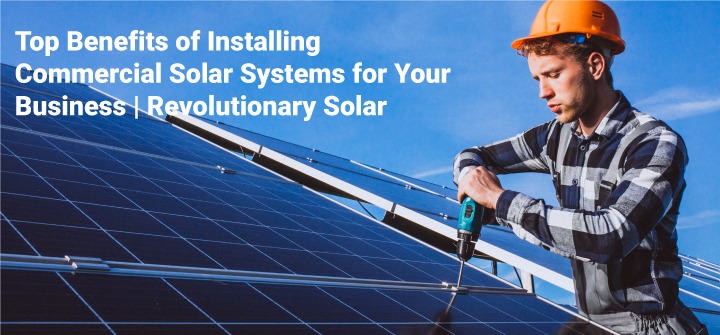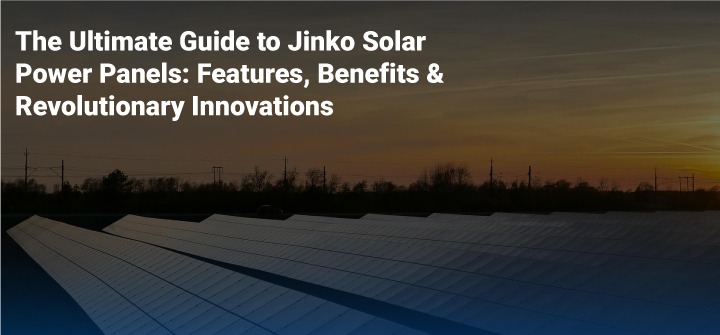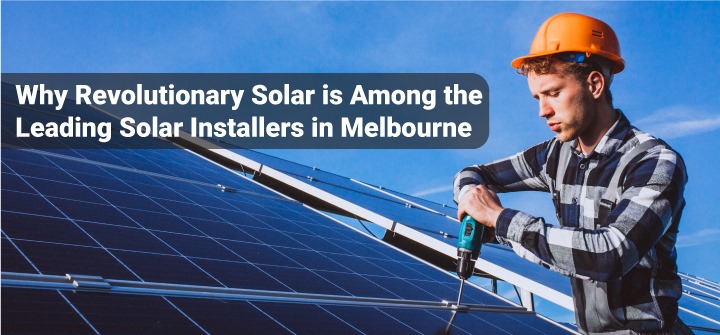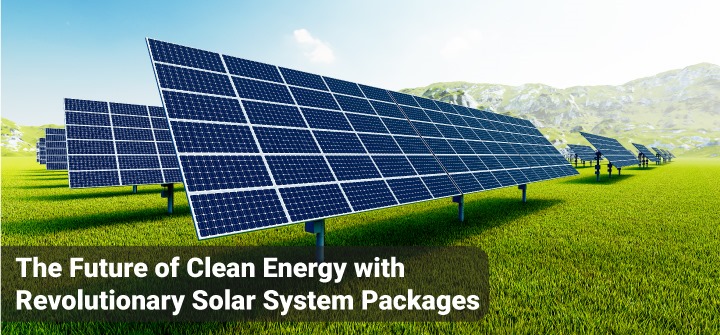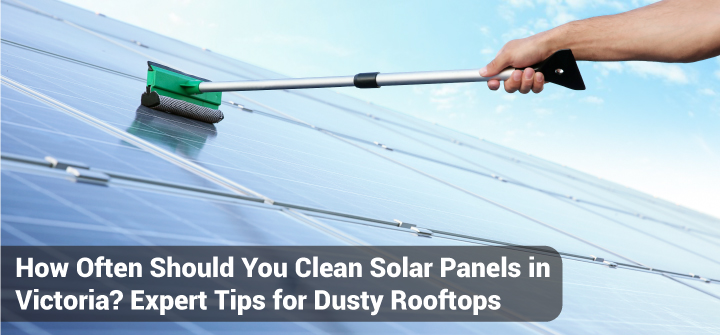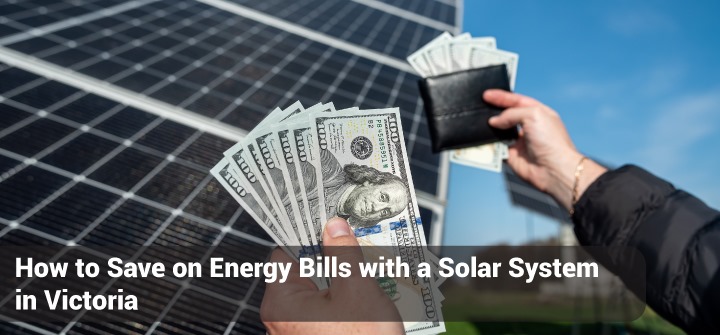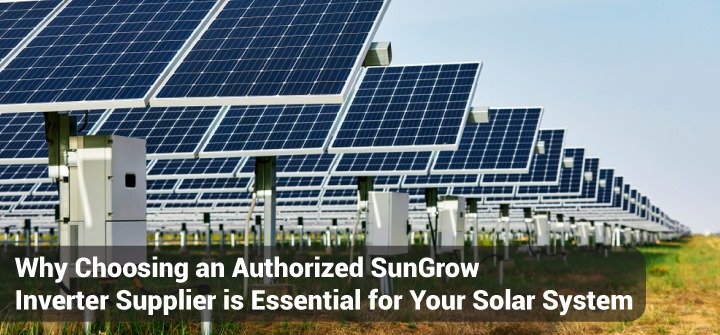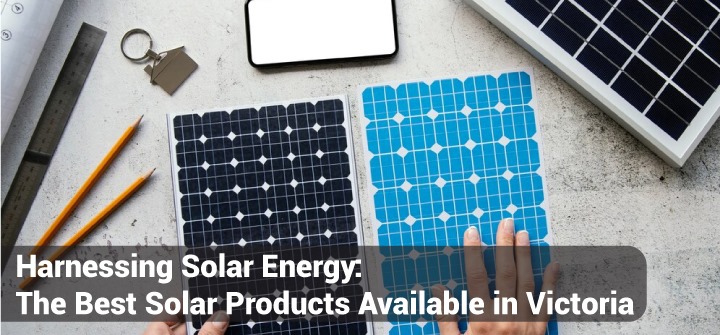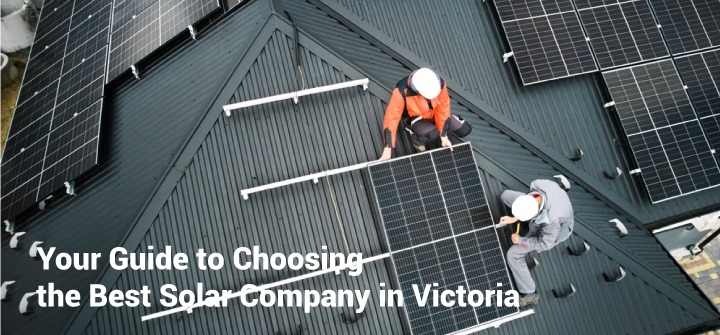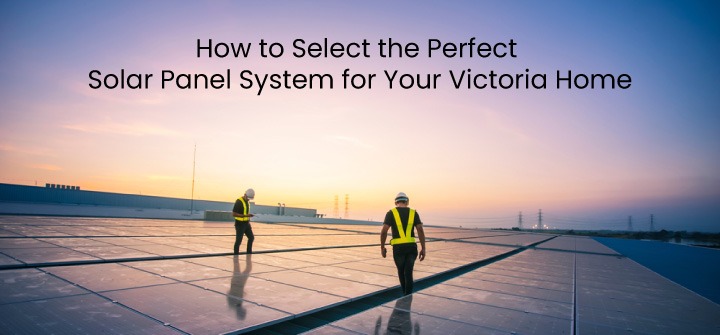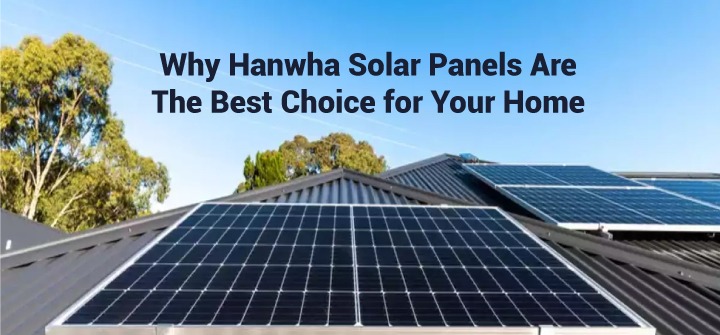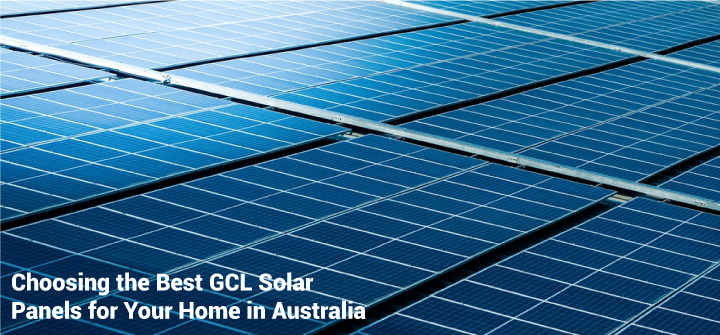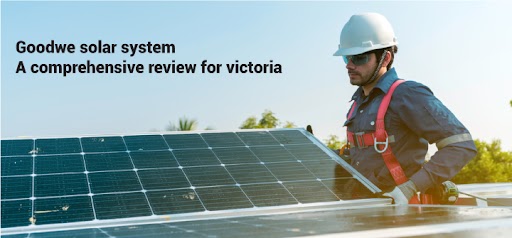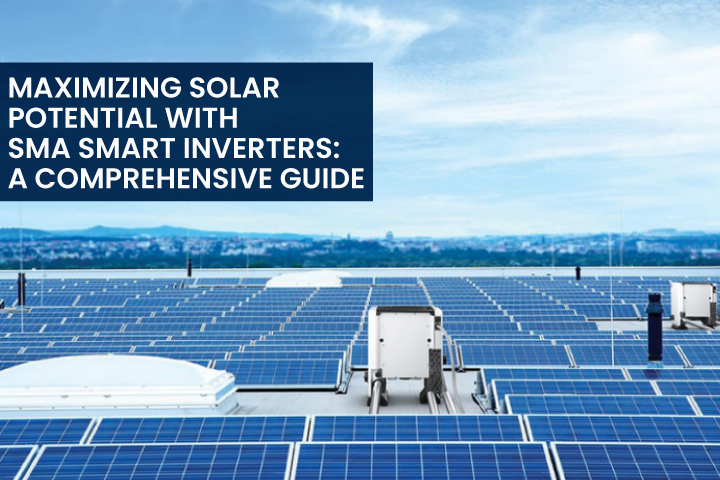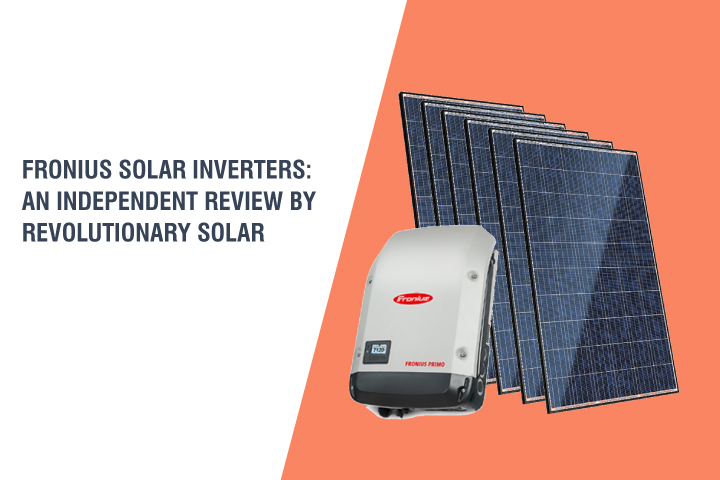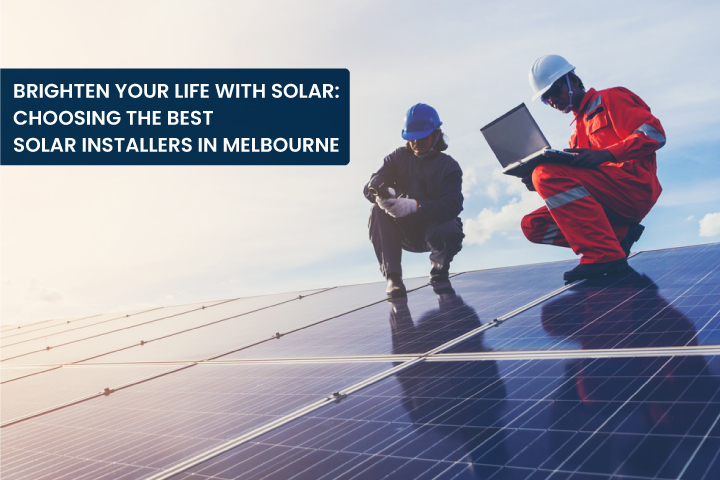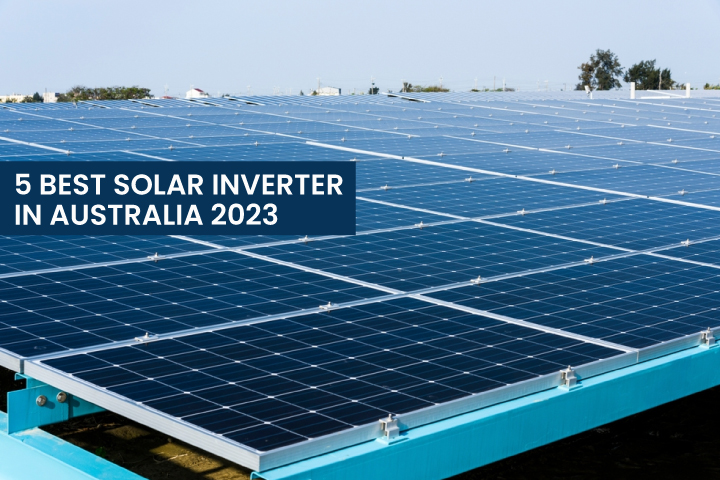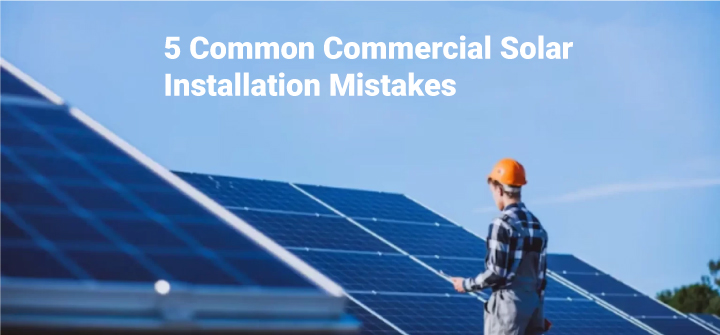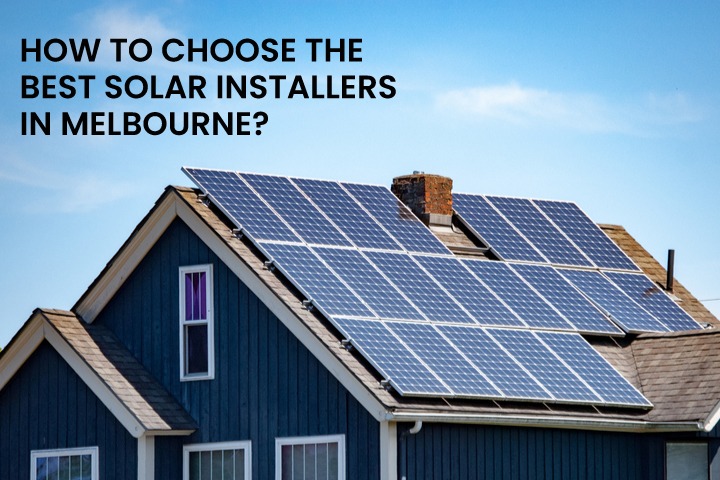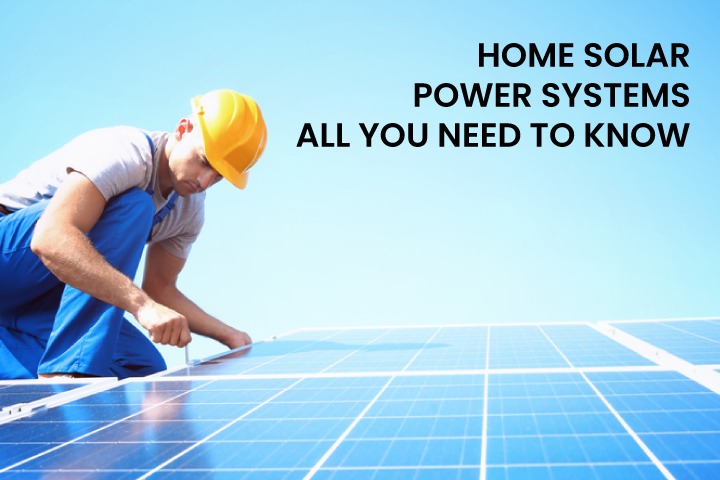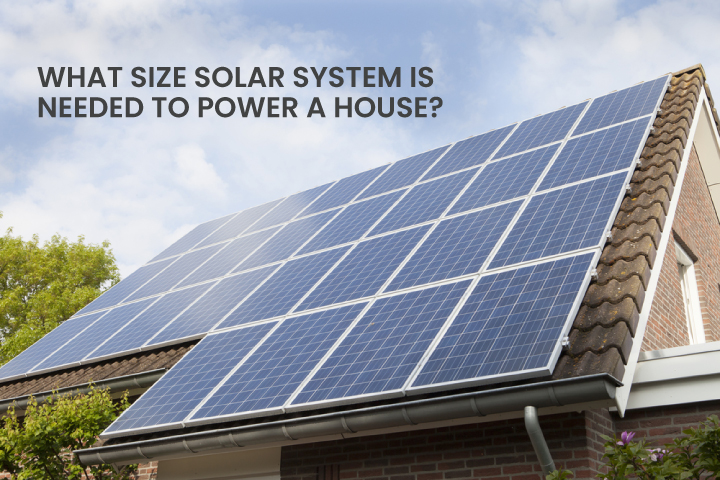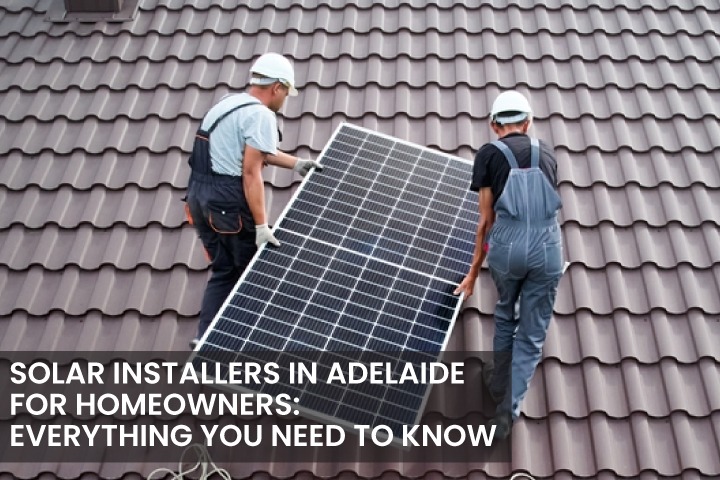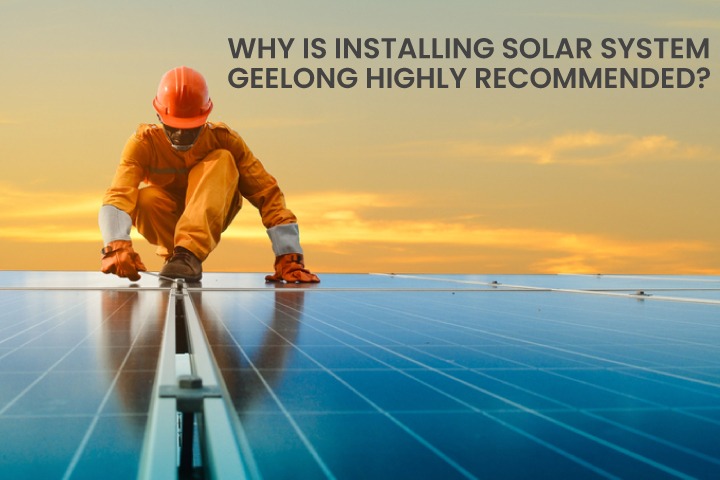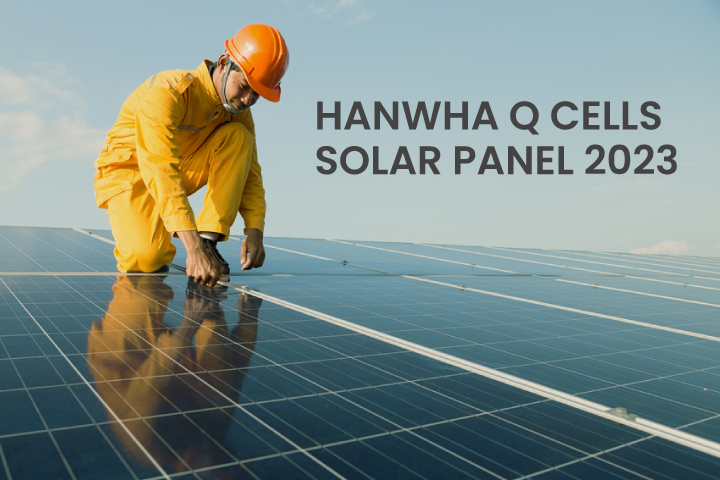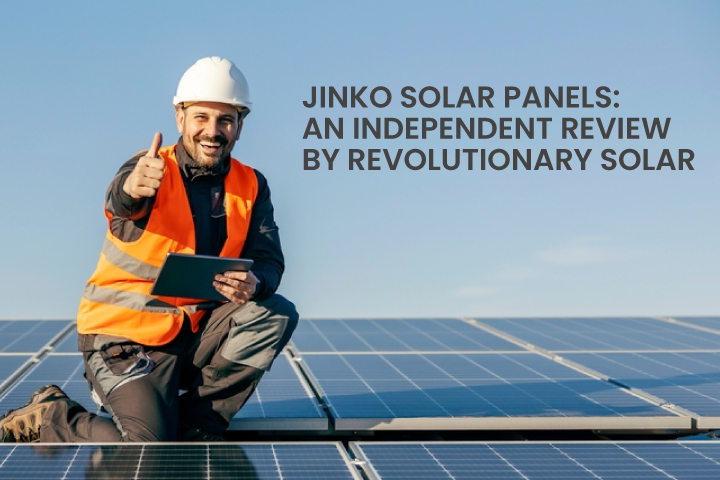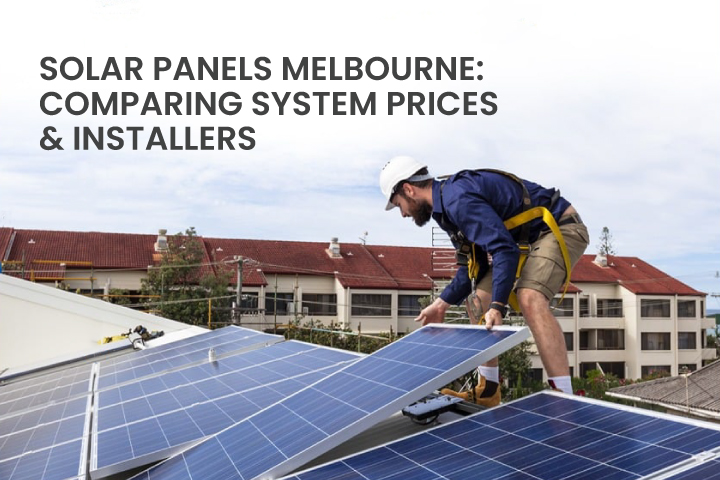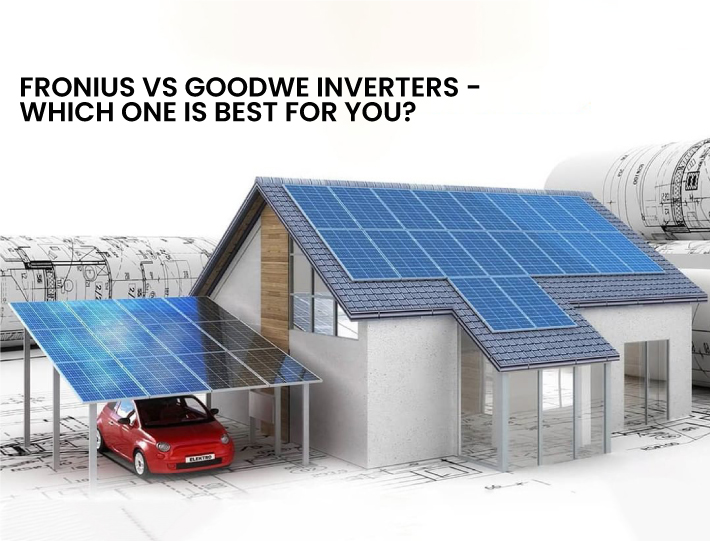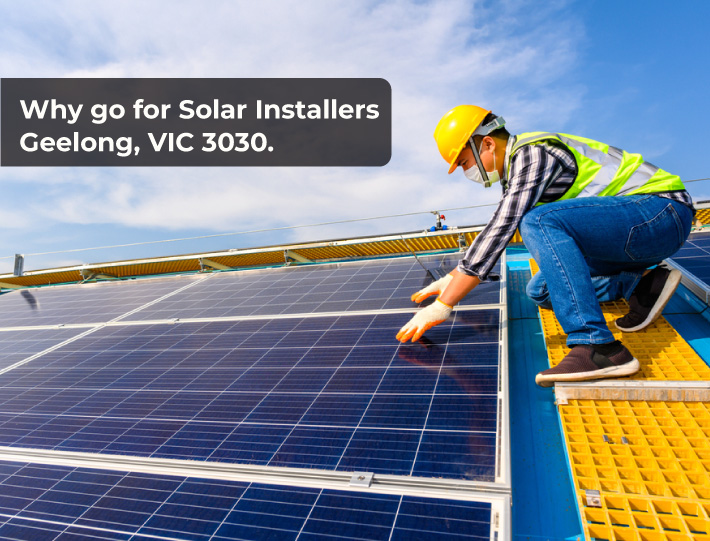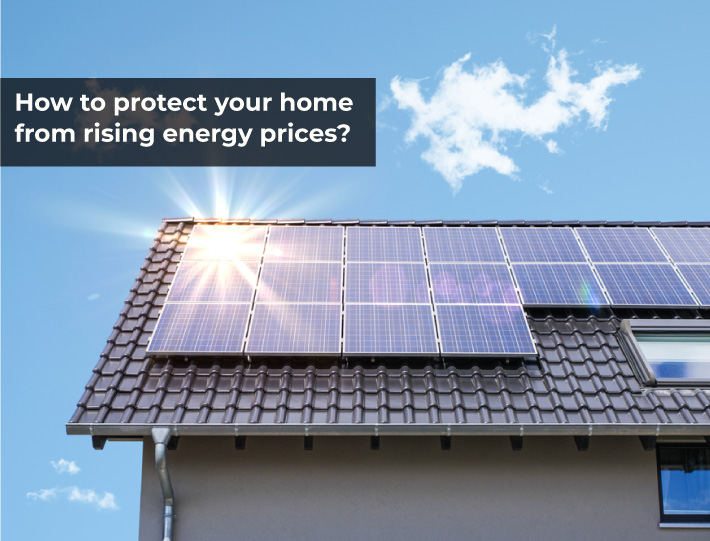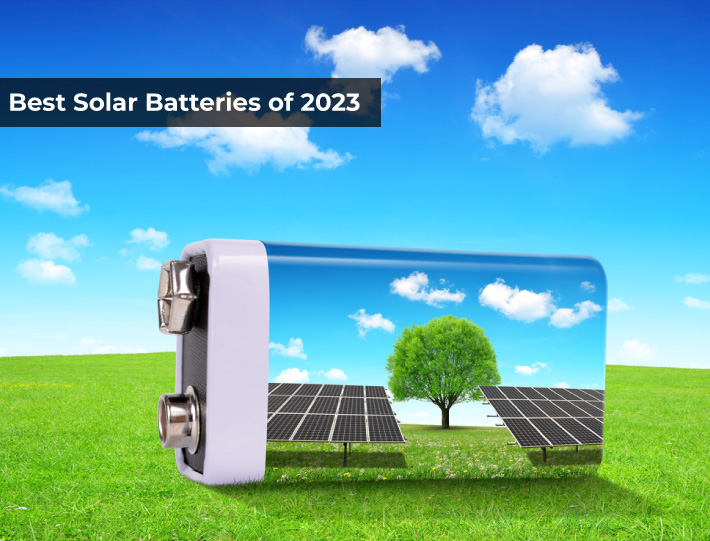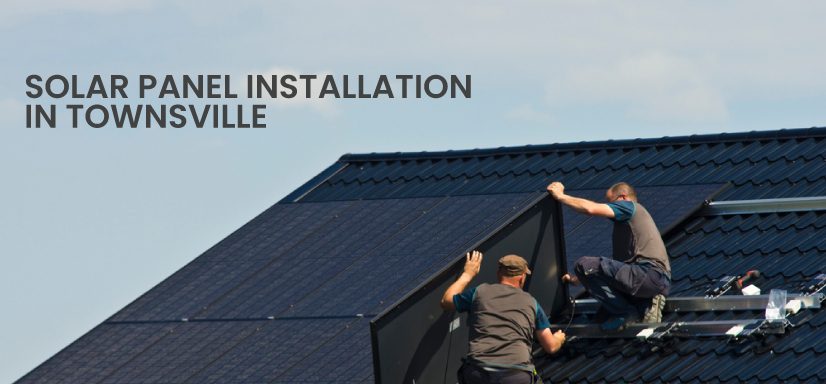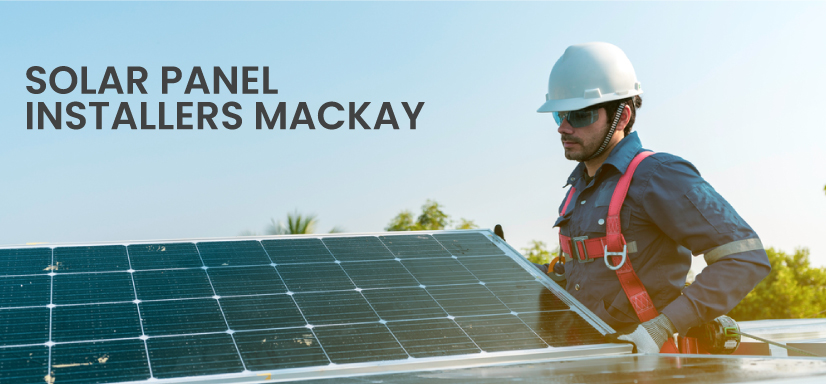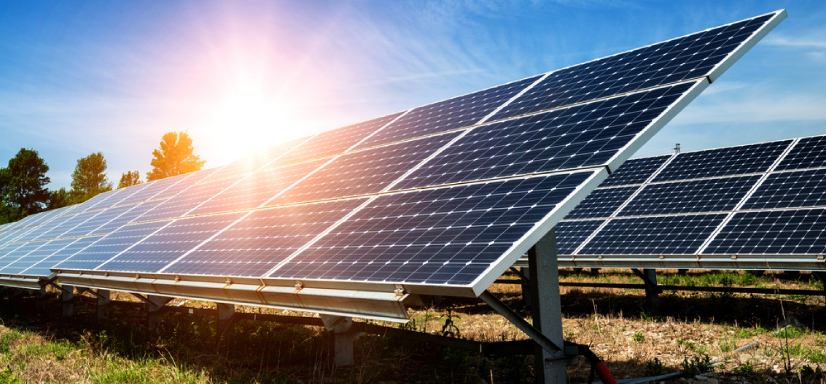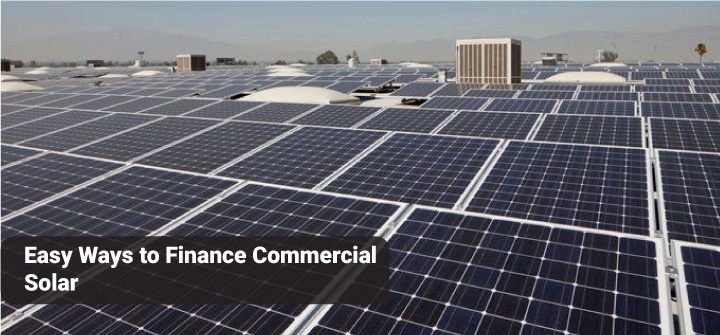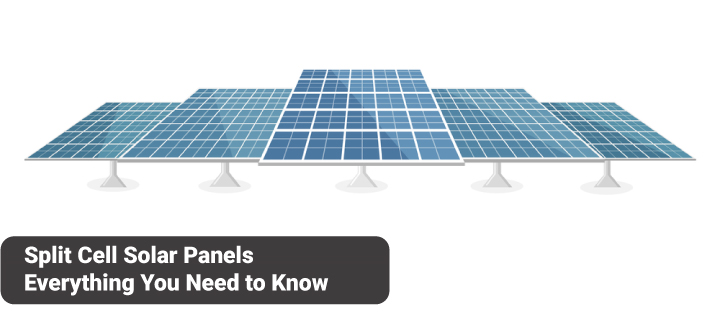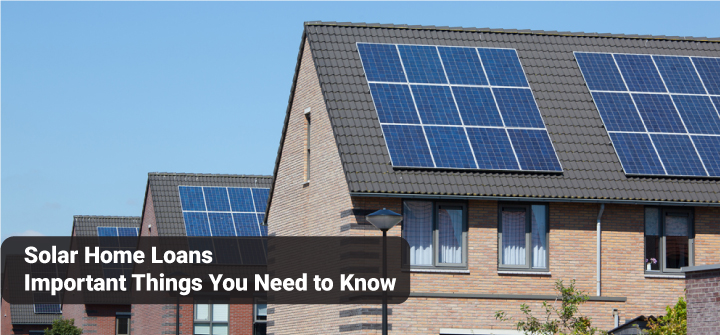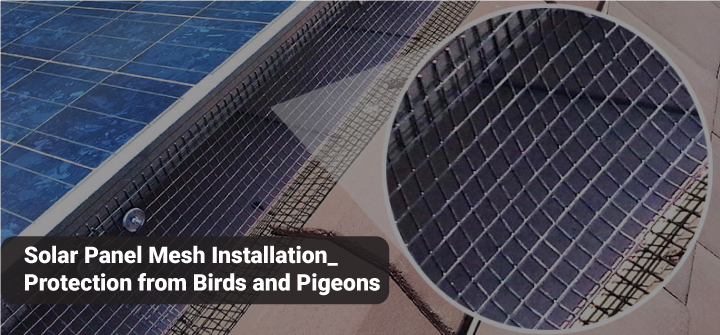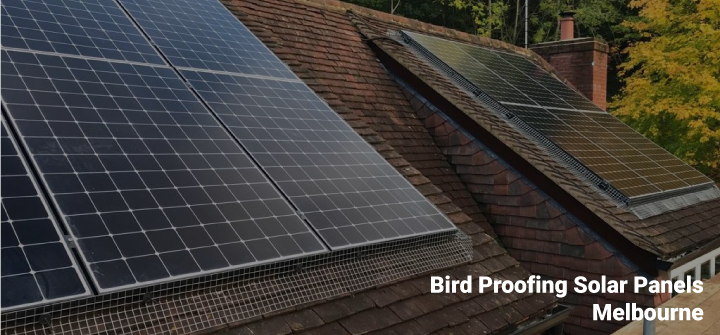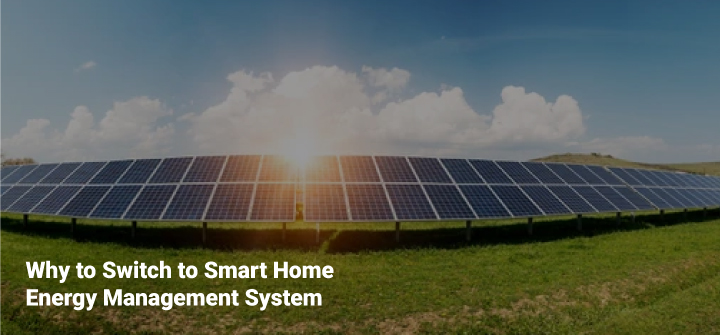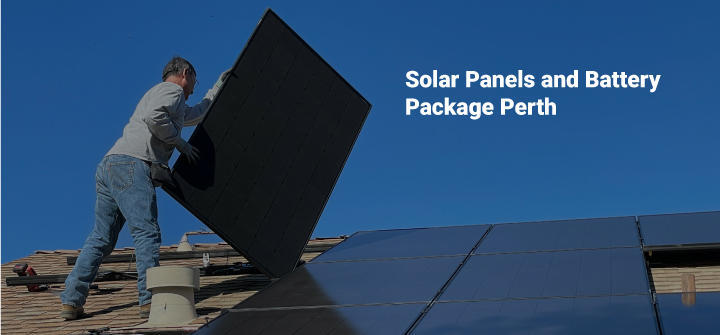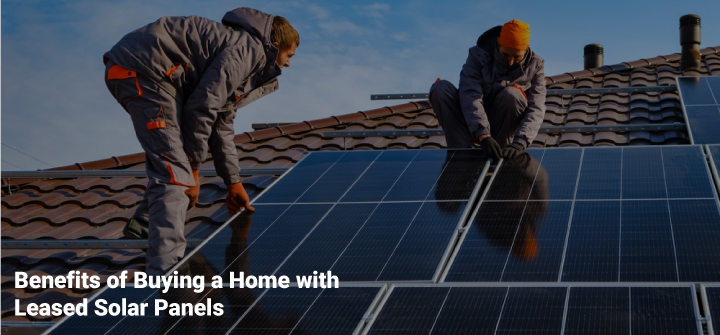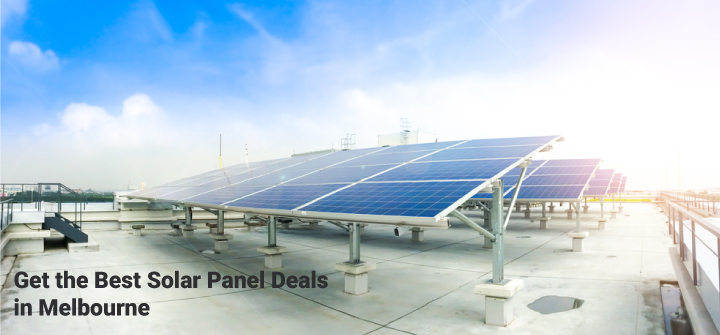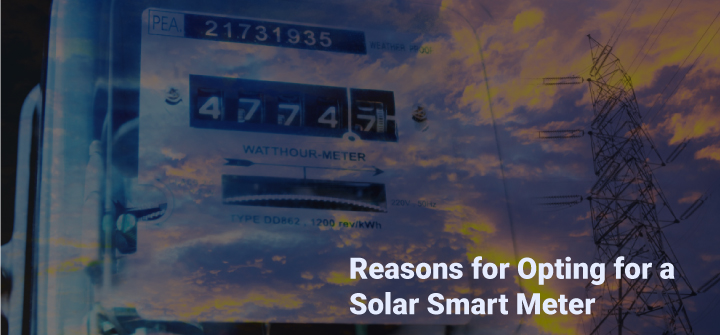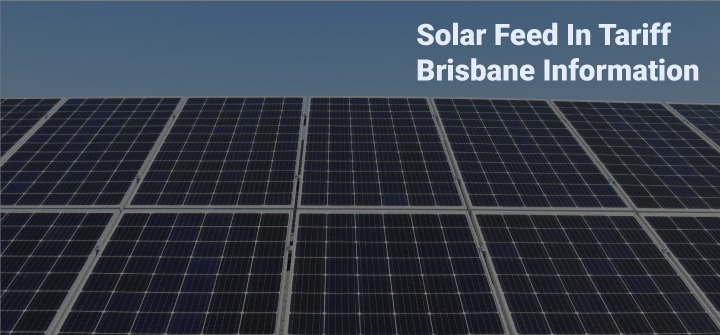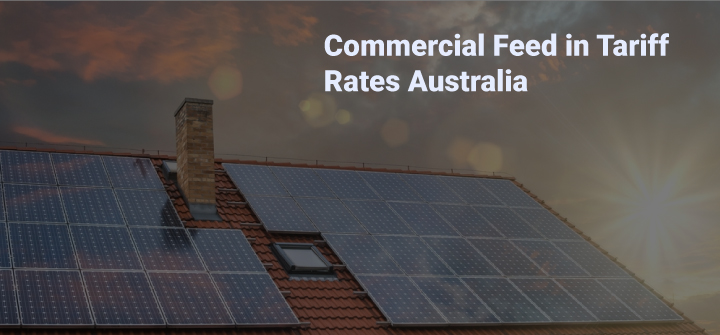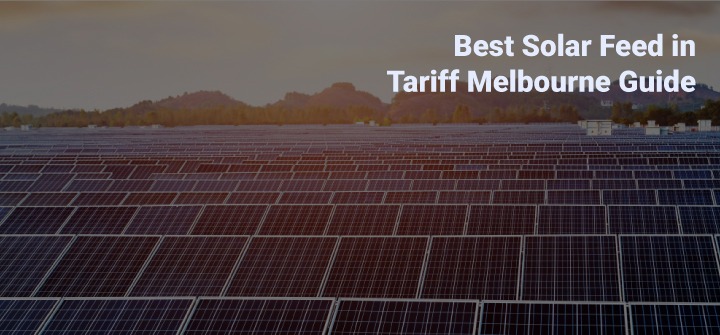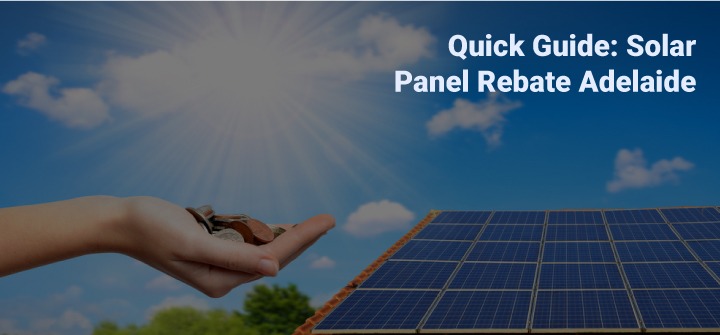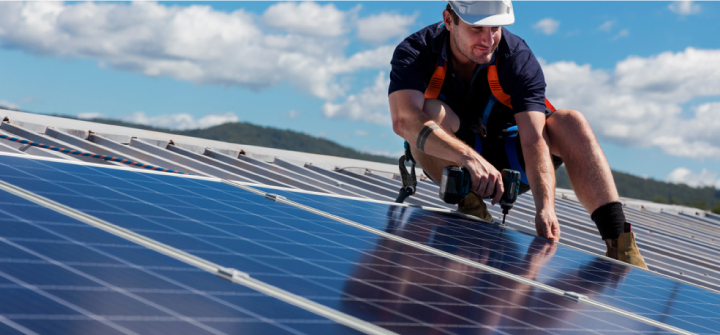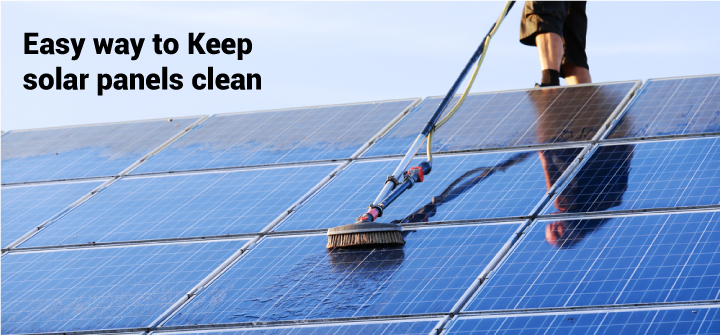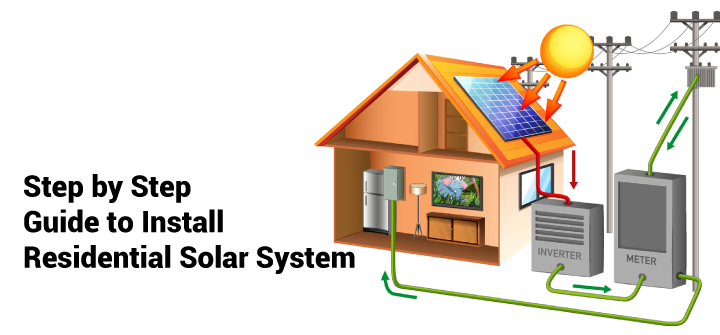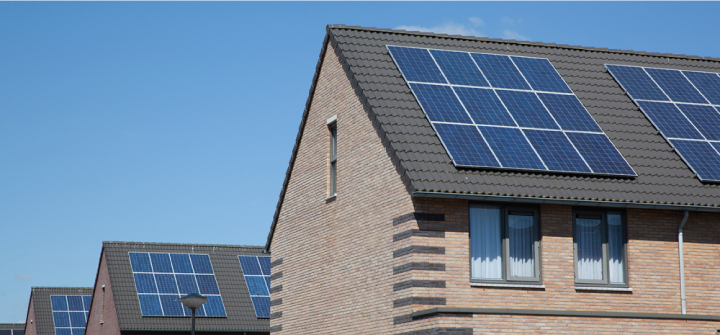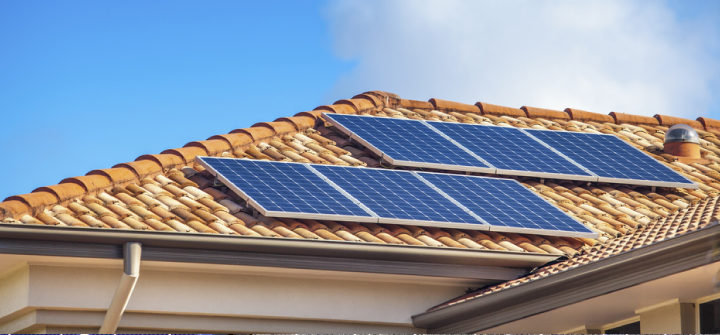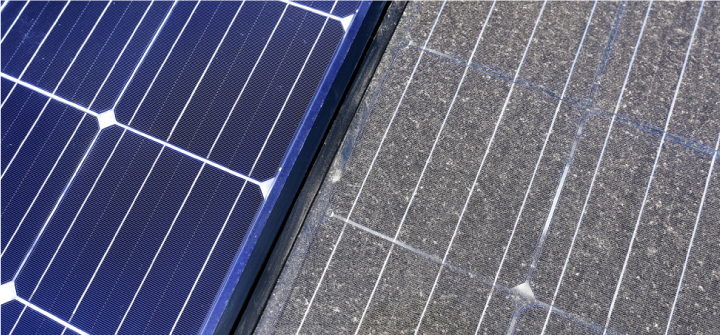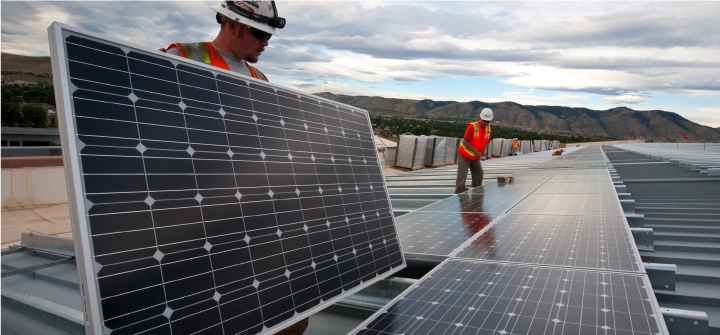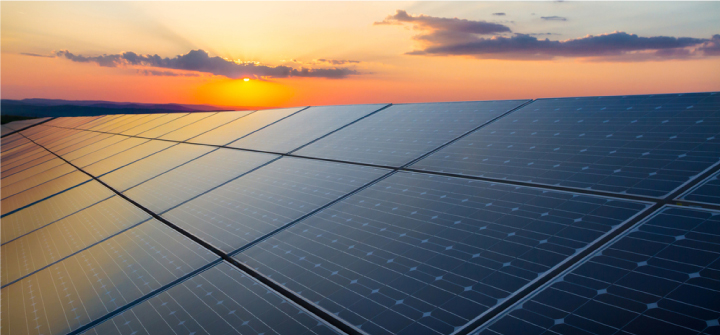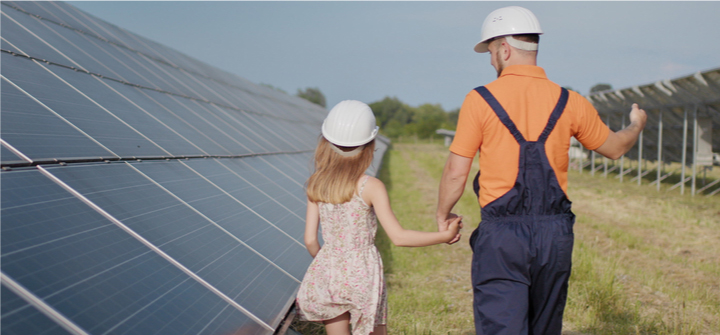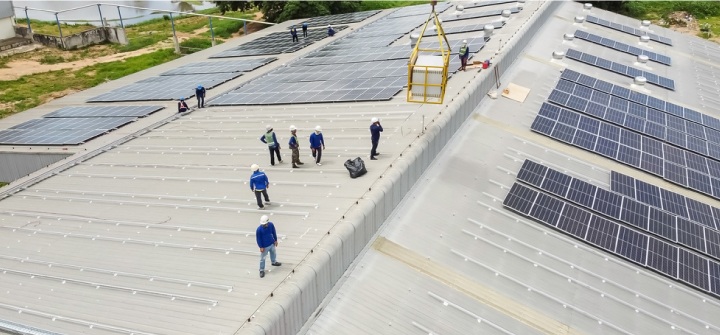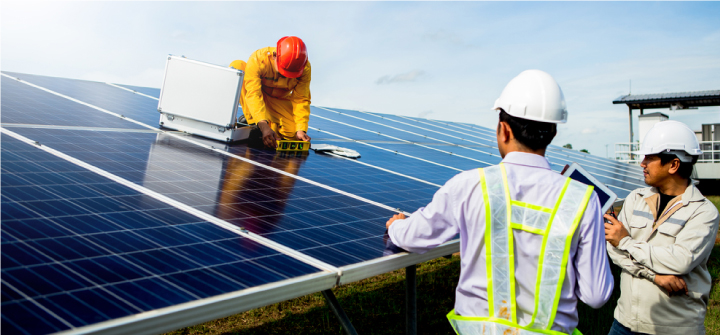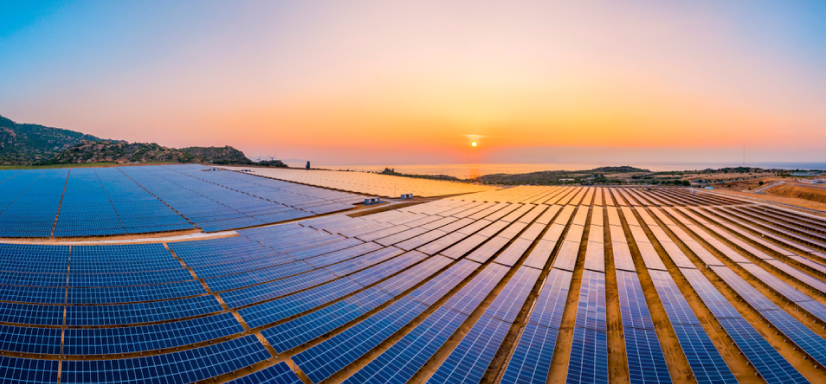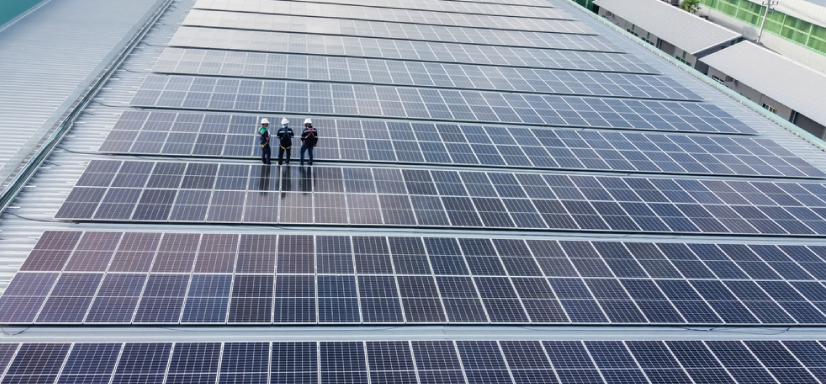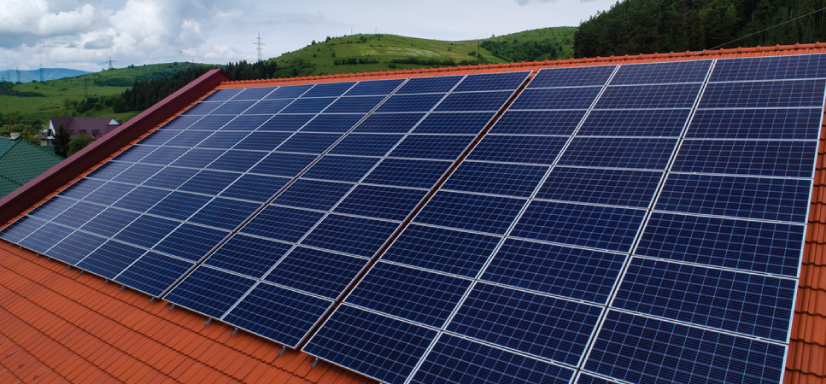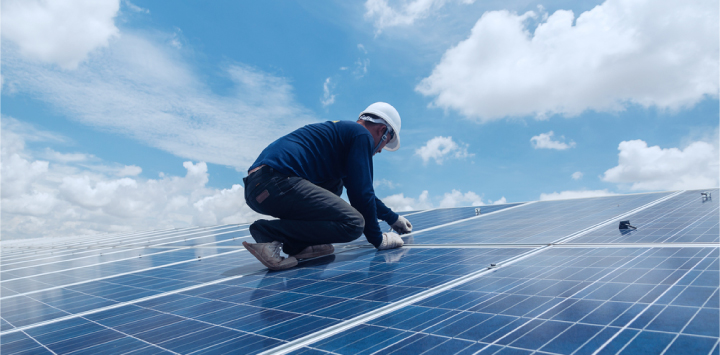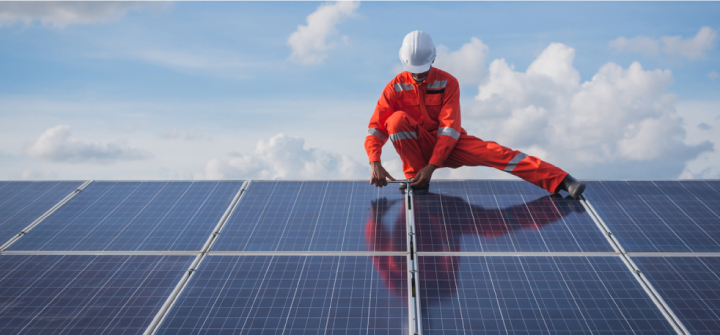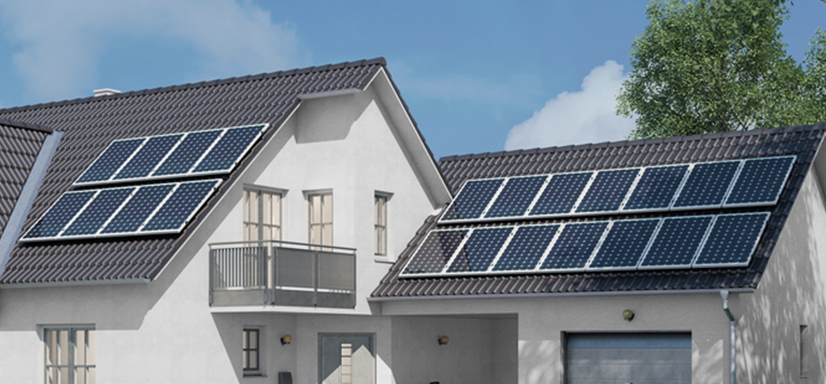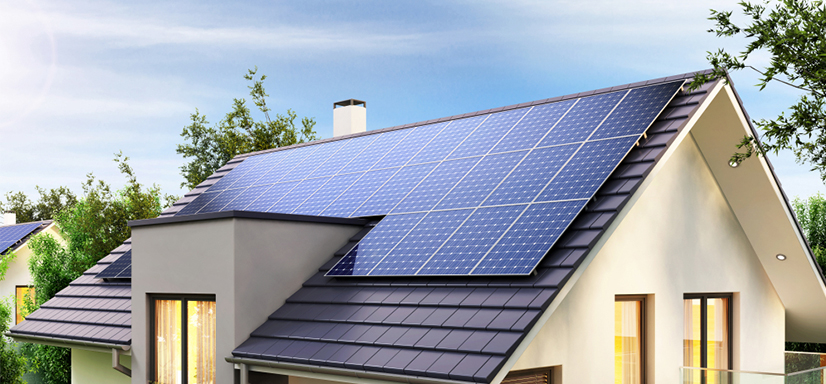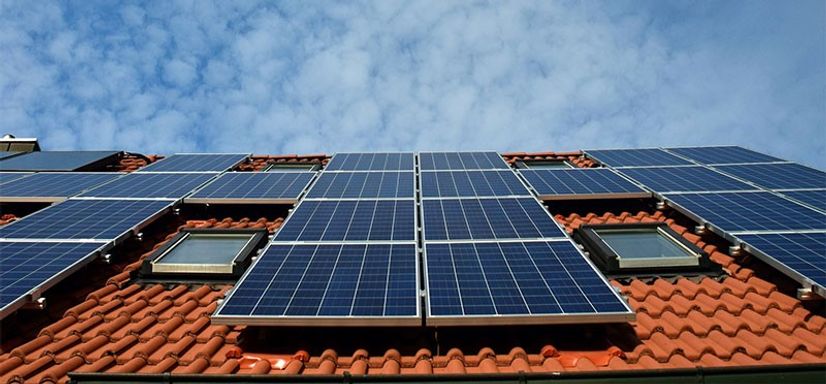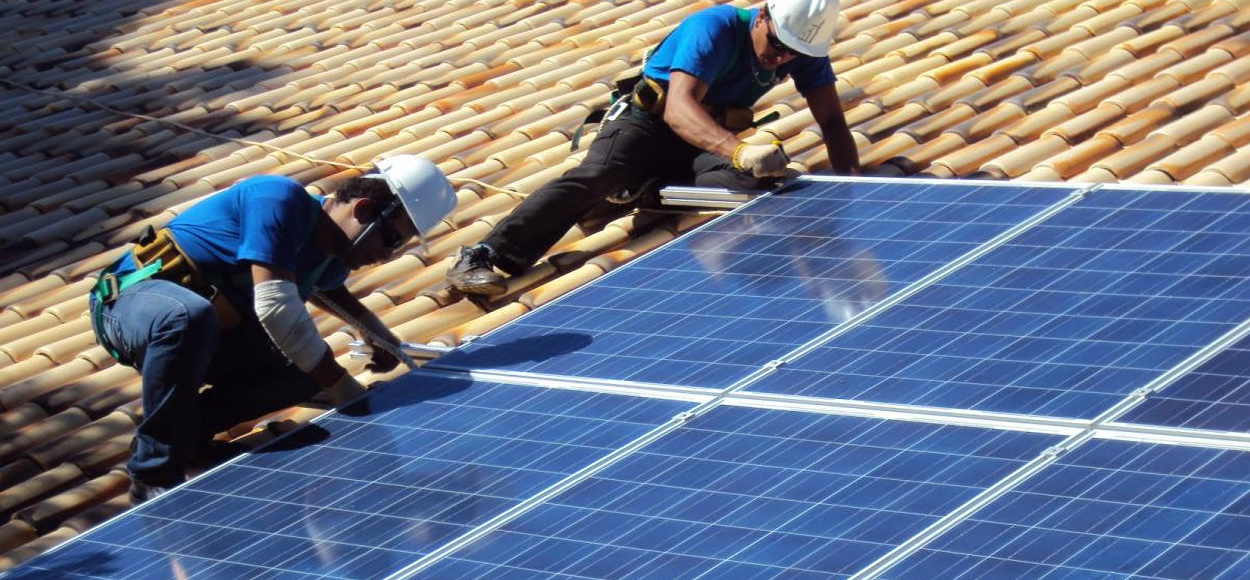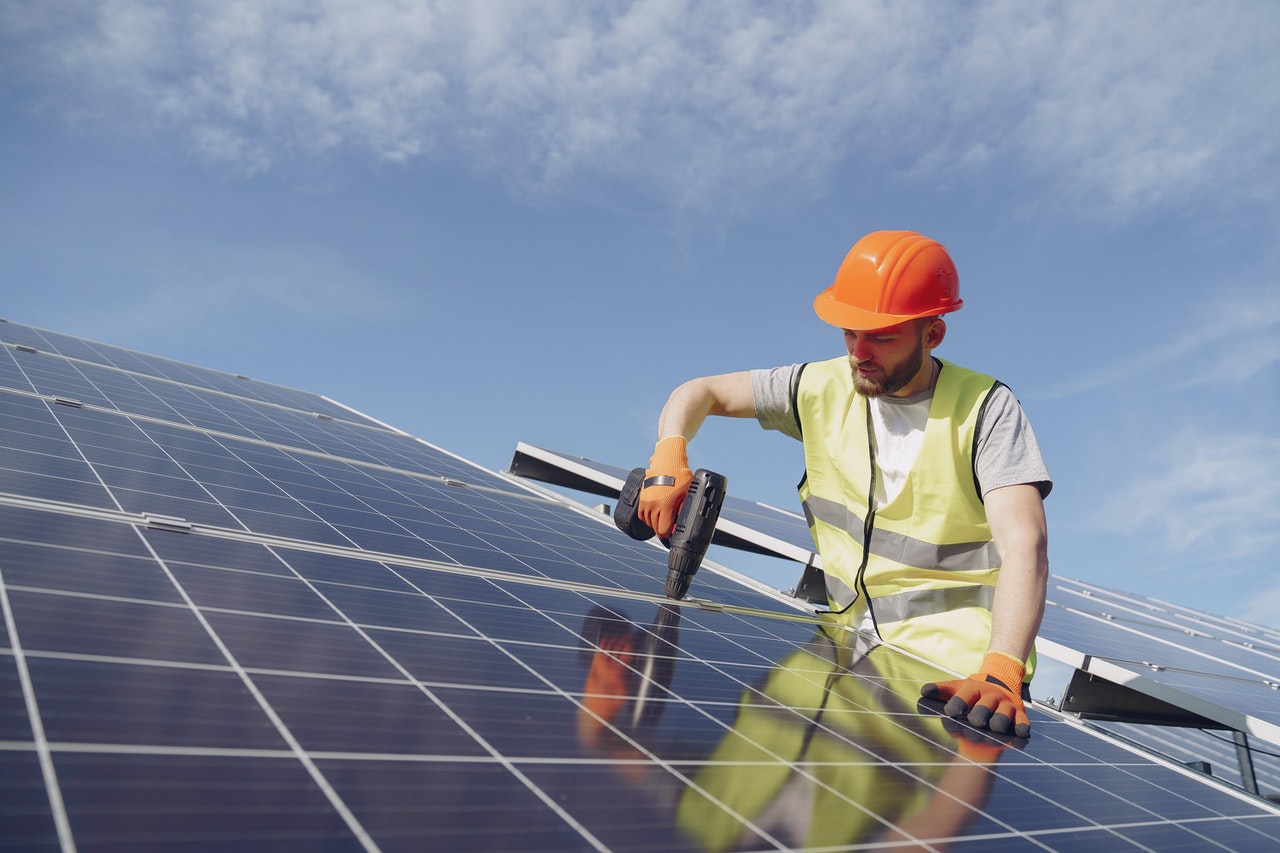
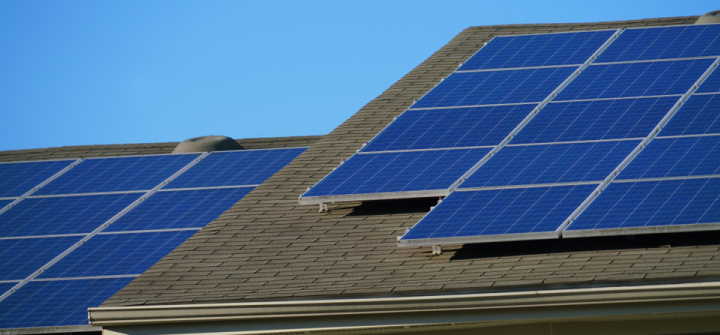
Top Factors that Decrease the Efficiency of the Solar System
The efficiency of a solar cell is determined as the percentage of the energy output to the energy intake from the sun. It refers to the process of converting solar photons into electrical energy. When we need to compare two solar cells, we look at their efficiency. The effectiveness of a solar cell is determined by the spectrum and intensity of incident sunlight, as well as the temperature of the solar cell. The fill factor can be used to assess efficiency. If the fill factor is between.7 and.8, the solar panel is good, but if it is between.4 and.4, the solar panel is poor.
Scientists have developed a solar cell that converts incoming sunlight into electricity with a 44.5 percent efficiency, although it is not yet commercially available. The most efficient cell in the world is now in the United States, with a 20% efficiency.
Before acquiring solar panels, do your homework. By doing so, you will be able to get excellent goods at a lower price.
Factors that affect are:
SHADE
Because we know that electrical power is generated by converting sunlight, it is apparent that if something stands between the plates and the sunlight, the production will be harmed. Even slight shades can cut productivity by a significant amount.
- SOLUTION
Avoid placing your solar panel/cells in regions that are shadowed. Melbourne solar installer will do a complete investigation and will undoubtedly advise you on this. They'd put solar cells where they'd get the most sunshine.
CURRENT STATE OF THE CABLE AND WIRING SYSTEM
The most common voltages for Solar PV (DC) systems are 12V, 24V, and 48V. Solar panels that are connected in series produce greater voltage, whereas solar panels that are linked in parallel produce more current. The voltage required by most electrical appliances is 220 volts. All of this translates to the resistance effect, which is tied to the system's wiring. The size and length of the wires are always determined by the installation's quality.
ORIENTATION
Your solar cells should be positioned in a way that allows them to collect more energy and rays for improved efficiency. If your cells were looking south, they would create 20% less energy than if they were facing west or east. It is advised that you arrange them to the south so that they may face the sun directly and receive the most sunlight.
- SOLUTION
Solar panels should be mounted vertically. Solar cells facing north should be facing south if you are in the south. And if you're facing north, solar cells should be facing south.
TEMPERATURE
One of the most important things that influence solar cell efficiency is temperature. Temperature increases that exceed the stated limit might have a harmful impact. The net output of solar cells diminishes when the temperature of the cells climbs over 25 degrees Celsius. Solar installers Geelong will make sure that solar cells are getting enough air while they're being installed. The net output of current can be affected by temperatures over 25 degrees Celsius (77 degrees Fahrenheit).
- SOLUTION
Make certain that the solar panels are installed in such a way that they receive adequate airflow even as the temperature rises.
MAINTENENCE
Solar cells require little annual maintenance, especially if the system is grid-connected. However, it is advised that cells be washed regularly since dirt and dust reduce the effectiveness of solar panels. In some regions, the rain will suffice, but if it does not, or if it rains only once or twice a year, you will need to wash solar panels or cells with soapy water. Some folks frequently inquire as to when we should clean our dishes. When your panels are producing less than normal, this is the greatest solution.
THE BATTERY'S EFFECTIVENESS
In a solar PV system, batteries are crucial for backup. The effectiveness of a system as a whole is determined by all of its components. Because of their low cost, lead-acid batteries are the most often found batteries. Lithium-ion batteries are significantly superior. When you charge a battery, it never returns the same amount of power that you put in. As a result, while efficiency is never flawless, there are excellent and terrible examples.
EFFICIENCY OF THE INVERTER
Although inverters come in a range of efficiency levels depending on the type and brand, nothing is 100% efficient. If your budget is limited, we recommend investing in other components rather than the most efficient inverter. If efficiency is your main goal, you must choose the best. Maximum Power Point Tracking can enhance the efficiency of a conventional inverter, which is currently at 93–94 percent (MPPT).
Conclusion
All solar panels, even the greatest ones, are affected by environmental conditions. If these issues are not addressed promptly, the solar panels' efficiency will suffer. The primary motivation for installing solar panels is to save money on power costs. Taking care of all of the aforementioned issues promptly can help you save money on your utility costs.
